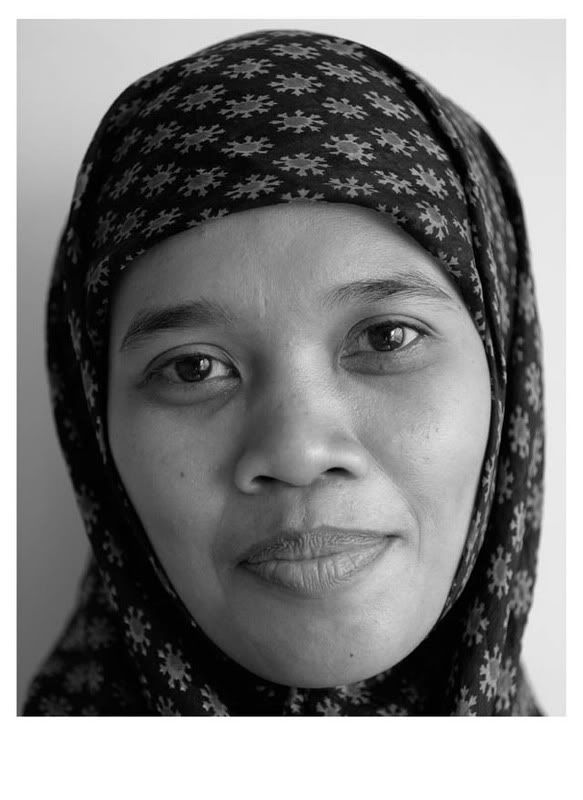Dari Indonesia Rising, 1 Juni 2009
Indonesian government increased import duties five percent in a bid to protect dairy farmers.
AUSTRALIA and New Zealand supply about 70 percent of milk consumption in Indonesia. Annually Indonesia consumes around 2.3 tones of milk. The global economic crisis, however, put pressures on dairy farms in Down Under, resulting in lower milk prices. In Java, it affected local dairy farmers. Milk processing industries demanded the local dairy farmers to reduce their prices. It created difficulties for the local farmers as they mostly have two until four cows. Economically a dairy farmer should have at least 10 until 12 cows.
Chairul Rachman, the Director for Farm Product Marketing at the Ministry of Agriculture, said that most of the dairy farmers are based on Java Island with 382,300 cows, or around 96.7 percent of Indonesia’s total cow population. These farmers annually supply only 26.5 percent of the milk consumption or around 636,800 tones of milk. The rest, 1.42 tones or 73.5 percent is imported from Down Under.
Dairy regulations contribute to Indonesia’s low milk production. Farmers have difficulties to buy young calves, to get quality feed as well as to standardize and to market their products. Dairy farmers are discouraged to develop their farms. The government rarely produces incentives to the farmers. Milk cooperatives turn to buy milk at low price. “Cooperatives are under pressures to find new marketing,” said Rachman.
Prior to the global economic crisis, Indonesia did not tax milk import. In early May, milk processing industries asked Java’s dairy farmers to reduce their milk price from Rp3,650-Rp3,750 to Rp3,350. It was a significant reduction of around Rp300-Rp500 per liter. The farmers declined the request.
The Ministry of Trade mediated a meeting between the Indonesian Union of Dairy Cooperatives and milk processing industries. They agreed to set the price reduction at Rp100-Rp150 per liter.
Later the Union also reported their difficulties to the House of Representatives’ Commission IV. Union leader Dedi Setiadi suggested three options. The first option includes price subsidy, cow feed subsidy and land stimulus. The second option is to allow dairy farmers and milk industries to organize school milk program. It is basically a program to encourage school children drinking milk at their schools. The third option is to ask the government revising Finance Minister regulation No. 19.2009 on import duties.
The regulation says that importing milk, sweetened milk and condensed milk were not taxed. Dedi Setiadi asked the government to tax the milk import at around five percent.
The Union didn’t wait long. In late May, the Finance Ministry agreed to impose the import duty. It was established at five percent. Dairy farmers welcomed that decision.
One problem was fixed. But Indonesia’s dependency on milk import is not solved yet.
-- Sapariah Saturi/Luther Kembaren
Tuesday, July 14, 2009
Subscribe to:
Post Comments (Atom)

No comments:
Post a Comment